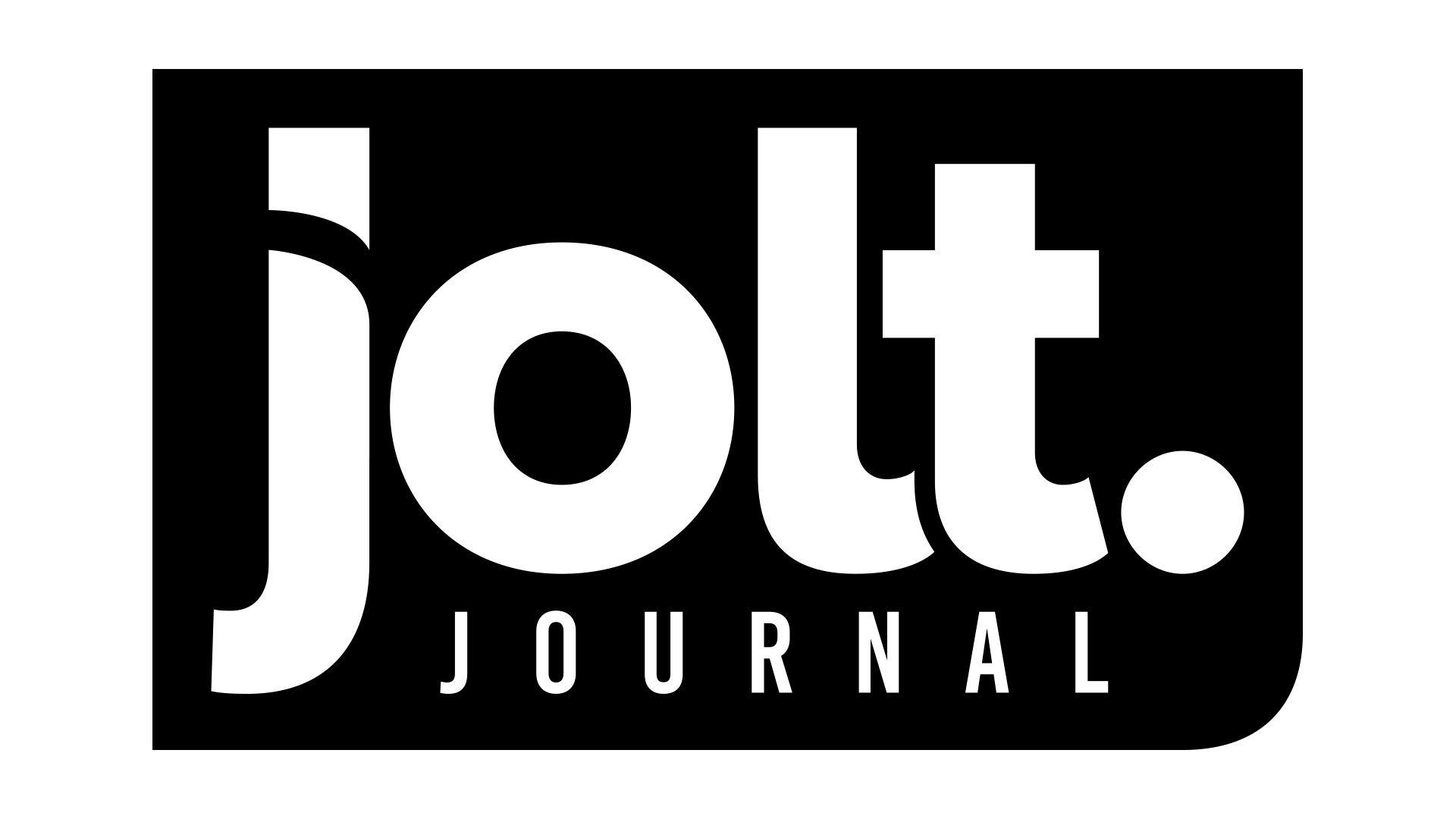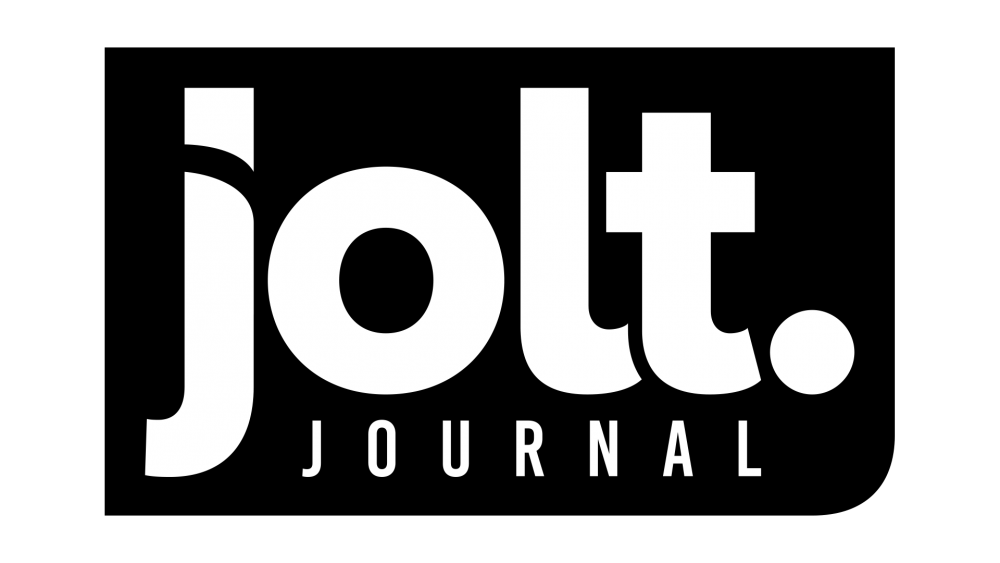Table of Contents
Before getting into tips and strategies, we need to define personal finance. Personal finance is managing your money, including saving, investing, budgeting, and planning for your financial future. It’s making informed spending, saving, and investing decisions to achieve economic stability and goals. Understanding personal finance involves recognising the interplay between different financial decisions and how they impact your financial health.
Personal finance is more than managing your current finances; it’s planning for the future. This includes preparing for unexpected events, retirement, and even creating a legacy for your family. By understanding the bigger picture of personal finance, you can make more strategic decisions that benefit your present and secure your future. With a holistic approach, you can align your financial activities with your long-term goals and values.
Financial Literacy

Financial literacy is the foundation of good personal finance management. It’s understanding financial concepts and applying them in real life. A good grasp of financial literacy helps you make informed decisions, avoid financial pitfalls, and seize growth opportunities. It empowers you to take control of your financial life rather than leaving it to chance or external circumstances.
Moreover, financial literacy is key to navigating complex financial products and systems. From understanding interest rates and inflation to grasping the intricacies of investment vehicles, financial literacy equips you to ask the right questions and seek the correct information. This knowledge can help you avoid scams, evaluate financial products critically, and choose options that align with your financial goals. Investing time in improving your financial literacy lays the foundation for a more secure and prosperous future.
Personal Finance Tips

Here are some key personal finance tips to help you take control of your financial life:
Create a Budget and Stick to It
One of the best ways to manage your finances is to create a budget. A budget helps you track your income and expenses to live within your means. Start by listing all your income sources and categorizing your expenses, such as housing, food, transport, and entertainment. Set realistic spending limits for each category and stick to them. Review your budget regularly to see where to cut back and save more. Sticking to a budget requires discipline and commitment. It may mean making tough choices, like cutting unnecessary expenses or delaying certain purchases. But the benefits of budgeting are huge; it gives you clarity and control over your financial situation. Consider using budgeting tools or apps to make it easier and to track your spending. With a solid budget, you can reduce financial stress and allocate resources to what matters most.
Build an Emergency Fund
An emergency fund is a key part of financial planning. A financial safety net gives you funds to cover unexpected expenses like medical bills or car repairs. Aim to save at least three to six months’ living expenses in your emergency fund. This fund should be easily accessible, like a savings account so that you can access it quickly.
Building an emergency fund requires consistent saving habits and prioritisation. Start by setting small, achievable savings goals and increasing them as your financial situation improves. Remember, the goal is not to dip into this fund for non-emergencies, so it’s essential to differentiate between wants and needs. By having a robust emergency fund, you reduce the risk of financial setbacks and increase your financial resilience in times of crisis.
Pay Off Debt
Debt can be a huge burden on your finances. To reduce the amount of interest you pay over time, focus on paying off high-interest debt first, like credit card balances. Consider using the snowball method—paying off the smallest debts first—to get momentum and motivation. As you pay off each debt, the sense of achievement can drive you to tackle larger debts.
In addition to the snowball method, you can explore other debt repayment strategies, like the avalanche method, which focuses on paying off the highest interest rate debts first. This can save you more money in interest payments over time. Whatever method you choose,e the key is to stay committed and not accumulate new debt. By systematically paying off your debt, you free up resources for savings and investments, and increase your financial security and peace of mind.
Save for Retirement
You’re never too early to start saving for retirement. If available, contribute to retirement accounts like a 401(k) or an IRA and use employer matching. The earlier you start saving, the more time your money has to grow through compound interest. Even small amounts can add up over time, giving you a comfortable retirement. Retirement planning should also consider your retirement goals and how much income you’ll need to support your desired lifestyle. Consider healthcare costs, travel plans, and potential long-term care needs. Review and adjust your retirement savings plan regularly to align with your changing goals and circumstances. By prioritising retirement savings, you can achieve financial independence and security in your later years.
Invest Wisely
Investing is a powerful way to build wealth over time. Educate yourself about different investment options, like stocks, bonds, and mutual funds, and choose a diversified portfolio that suits your risk tolerance and financial goals. Consider seeking advice from a financial advisor if you’re not sure where to start. A well-thought-out investment strategy can help you achieve financial milestones and create a legacy for future generations.
Investing wisely also means staying informed about market trends and economic indicators. Review your investment portfolio regularly to ensure it’s aligned with your goals and risk tolerance. Be patient and don’t make impulsive decisions based on market fluctuations. By having a long-term perspective and staying informed, you can navigate the complexities of investing and maximise your financial growth.
Financial Planning Basics
Financial planning involves setting goals, creating a plan to achieve them, and monitoring your progress. Here’s how to get started:
Set Clear Financial Goals
Start by identifying your short-term and long-term financial goals. Short-term goals might include saving for a holiday or paying off a small debt, while long-term goals could include buying a home or saving for retirement. Make sure your goals are specific, measurable, achievable, relevant, and time-bound (SMART). This framework gives you clarity and direction and helps you focus on what matters.
Setting clear financial goals requires introspection and honest assessment of your priorities. Discuss your goals with family members or financial advisors for different perspectives and insights. Break down larger goals into smaller, manageable steps to keep you motivated and track progress. You’ll gain confidence and momentum as you achieve each milestone and propel yourself toward your ultimate financial goals.
Create a Financial Plan
Once you’ve set your goals, develop a plan to achieve them. This plan should include a budget, debt repayment strategies, savings targets, and investment plans. Be flexible and willing to adjust your plan as your financial situation changes. Life is unpredictable and your financial plan should accommodate changes like career shifts, family additions or unexpected expenses. A financial plan is a roadmap for your financial decisions and actions. Please regularly review and update your plan to remain relevant and practical. Use financial planning software or a financial planner to create a robust and adaptable plan. Having a structured financial plan increases your chances of achieving your financial goals and securing your financial future.
Monitor Your Progress
Regularly reviewing your financial situation helps you stay on track with your goals. Monitor your income, expenses, and savings to see progress. Use financial apps or spreadsheets to help you track your financial activities efficiently. Consistent monitoring allows you to identify areas for improvement and adjust your financial plan.
Monitoring your progress also means celebrating your achievements and learning from setbacks. Acknowledge the milestones you’ve reached and use them as motivation to continue your financial journey. If you hit obstacles, analyse the situation and adjust your strategies accordingly. By being proactive with monitoring, you can stay focused and resilient in your pursuit of financial success.
Financial Literacy

Improving your financial literacy can have a big impact on your financial well-being. Here’s how:
Educate Yourself
Take advantage of the many resources available to learn about personal finance. Read books, listen to podcasts, or take online courses on financial topics that interest you. The more you know, the better equipped you will be to make informed financial decisions. Continuous learning can help you stay ahead of financial trends and challenges.
Educating yourself also means seeking different perspectives and learning from others’ experiences. Join financial forums or discussion groups to share ideas and gain insights from like-minded individuals. By engaging in your financial education, you empower yourself to make smarter financial decisions and build a stronger economic foundation.
Seek Professional Advice
Consider working with a financial advisor or planner to help you with complex financial matters. They can offer personal advice and strategies tailored to your unique financial situation and goals. A professional can provide an objective perspective and help you make informed decisions that align with your long-term objectives.
When choosing a financial advisor, ensure they have the credentials and experience to meet your needs. Establish clear communication and trust to build a productive working relationship. Review your financial plan with your advisor regularly to ensure it remains aligned with your changing goals and circumstances. By using professional guidance, you can optimise your financial strategies and achieve greater economic security.
Stay Informed
Stay up to date with financial news and trends. This will help you make informed decisions about investments and other financial matters. Follow reputable financial websites, blogs, and news outlets to stay informed. Being informed means you can anticipate market changes and adjust your financial strategies accordingly.
Being informed also means understanding the more significant economic and geopolitical picture that affects financial markets. Attend financial seminars or webinars to learn from experts and industry leaders. With a broad understanding of the financial landscape, you can navigate the unknown and capitalise on opportunities as they arise.
Final Thoughts

Improving your personal finance skills is a journey that requires dedication and continuous learning. You can take control of your financial future by understanding the basics of personal finance, creating a budget, setting financial goals, and enhancing your financial literacy. Remember, small, consistent efforts can lead to significant changes over time. Start today and watch your financial confidence and stability grow.
Your financial journey is unique and personal. Embrace the challenges and celebrate the wins along the way. Stay committed to your goals and open to new knowledge and strategies. As you progress, you’ll achieve financial freedom and inspire others to start their own financial journey. Start today and enjoy the peace of mind that comes with economic empowerment.





